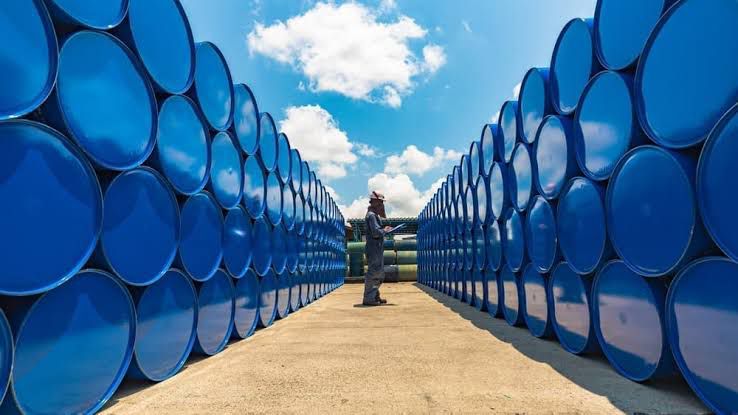Investor unveils plan for 500,000 bpd refinery, to build FTZ in Ondo
Nigeria’s petroleum refining capacity could get a significant boost, with Backbone Infrastructure Nigeria Limited (BINL) announcing plans to construct a \$15 billion refinery and develop a Free Trade Zone (FTZ) in Ondo State. The initiative could add 500,000 barrels per day (bpd) to national output, potentially positioning the project alongside the 650,000 bpd Dangote refinery and the 445,000 bpd state-owned refineries.
The refinery is slated for the Sunshine Industrial Park located in Ogboti, Eruuna, in the Ilaje Local Government Area. A joint venture between BINL and the Ondo State Government through the Ondo State Development and Investment Promotion Agency (ONDIPA), the project will be executed in phases. The initial phase will focus on building a 100,000 bpd module, expected to be completed within 48 months.
Ahead of a formal visit to Governor Lucky Aiyedatiwa, BINL’s Vice President for Corporate Services, Wale Adekola, explained that the refinery would cater to both local and international markets by providing refined petroleum products and raw materials for other industries.
The formal signing of Memoranda of Understanding (MoUs) between BINL and ONDIPA is scheduled for July 15, marking the official commencement of the refinery and FTZ project.
Adekola highlighted that the project’s scope extends beyond crude oil refining. It includes the development of supporting infrastructure such as roads, storage facilities, loading bays, and terminal operations, along with specialised amenities within the FTZ designed to encourage foreign investment.
BINL, which has operational bases in Abuja, London, and Zug, Switzerland, is also in talks with the Nigerian National Petroleum Company Limited (NNPC Ltd) for a potential strategic collaboration on the refinery. If successful, the initiative is expected to help conserve Nigeria’s foreign reserves and strengthen the country’s energy independence.
The company said it has put in place a strong governance framework that prioritises compliance with both international standards and Nigerian regulatory requirements. Adekola also noted that their corporate social responsibility plan will emphasise job creation, infrastructure development, and educational support for host communities.
“This project has the potential to boost government revenue, reduce the country’s trade deficit, and drive long-term economic growth. We’re committed to local hiring, stakeholder inclusion, and ensuring the community benefits directly from these developments,” he stated.
Despite lingering concerns about funding, regulatory hurdles, and past failures of similar ventures, BINL assured that it is prepared to manage potential obstacles with the support of a consortium of technical experts and undisclosed financial backers.

